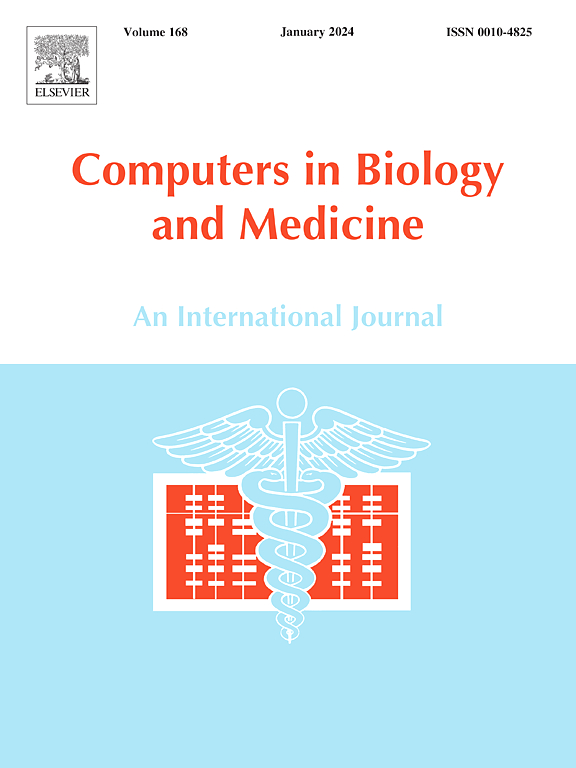Artificial intelligence in fetal brain imaging: Advancements, challenges, and multimodal approaches for biometric and structural analysis
IF 6.3
2区 医学
Q1 BIOLOGY
引用次数: 0
Abstract
Artificial intelligence (AI) is transforming fetal brain imaging by addressing key challenges in diagnostic accuracy, efficiency, and data integration in prenatal care. This review explores AI's application in enhancing fetal brain imaging through ultrasound (US) and magnetic resonance imaging (MRI), with a particular focus on multimodal integration to leverage their complementary strengths. By critically analyzing state-of-the-art AI methodologies, including deep learning frameworks and attention-based architectures, this study highlights significant advancements alongside persistent challenges. Notable barriers include the scarcity of diverse and high-quality datasets, computational inefficiencies, and ethical concerns surrounding data privacy and security. Special attention is given to multimodal approaches that integrate US and MRI, combining the accessibility and real-time imaging of US with the superior soft tissue contrast of MRI to improve diagnostic precision. Furthermore, this review emphasizes the transformative potential of AI in fostering clinical adoption through innovations such as real-time diagnostic tools and human-AI collaboration frameworks. By providing a comprehensive roadmap for future research and implementation, this study underscores AI's potential to redefine fetal imaging practices, enhance diagnostic accuracy, and ultimately improve perinatal care outcomes.
胎儿脑成像中的人工智能:生物识别和结构分析的进展、挑战和多模式方法
人工智能(AI)通过解决产前护理中诊断准确性、效率和数据集成方面的关键挑战,正在改变胎儿脑成像。这篇综述探讨了人工智能在通过超声(US)和磁共振成像(MRI)增强胎儿脑成像方面的应用,特别关注多模态集成以利用它们的互补优势。通过批判性地分析最先进的人工智能方法,包括深度学习框架和基于注意力的架构,本研究突出了重大进步和持续的挑战。值得注意的障碍包括缺乏多样化和高质量的数据集,计算效率低下,以及围绕数据隐私和安全的道德问题。特别关注将US和MRI相结合的多模式方法,将US的可及性和实时成像与MRI优越的软组织对比相结合,以提高诊断精度。此外,本综述强调了人工智能在通过创新(如实时诊断工具和人类-人工智能协作框架)促进临床应用方面的变革潜力。通过为未来的研究和实施提供全面的路线图,本研究强调了人工智能在重新定义胎儿成像实践、提高诊断准确性并最终改善围产期护理结果方面的潜力。
本文章由计算机程序翻译,如有差异,请以英文原文为准。
求助全文
约1分钟内获得全文
求助全文
来源期刊

Computers in biology and medicine
工程技术-工程:生物医学
CiteScore
11.70
自引率
10.40%
发文量
1086
审稿时长
74 days
期刊介绍:
Computers in Biology and Medicine is an international forum for sharing groundbreaking advancements in the use of computers in bioscience and medicine. This journal serves as a medium for communicating essential research, instruction, ideas, and information regarding the rapidly evolving field of computer applications in these domains. By encouraging the exchange of knowledge, we aim to facilitate progress and innovation in the utilization of computers in biology and medicine.
 求助内容:
求助内容: 应助结果提醒方式:
应助结果提醒方式:


